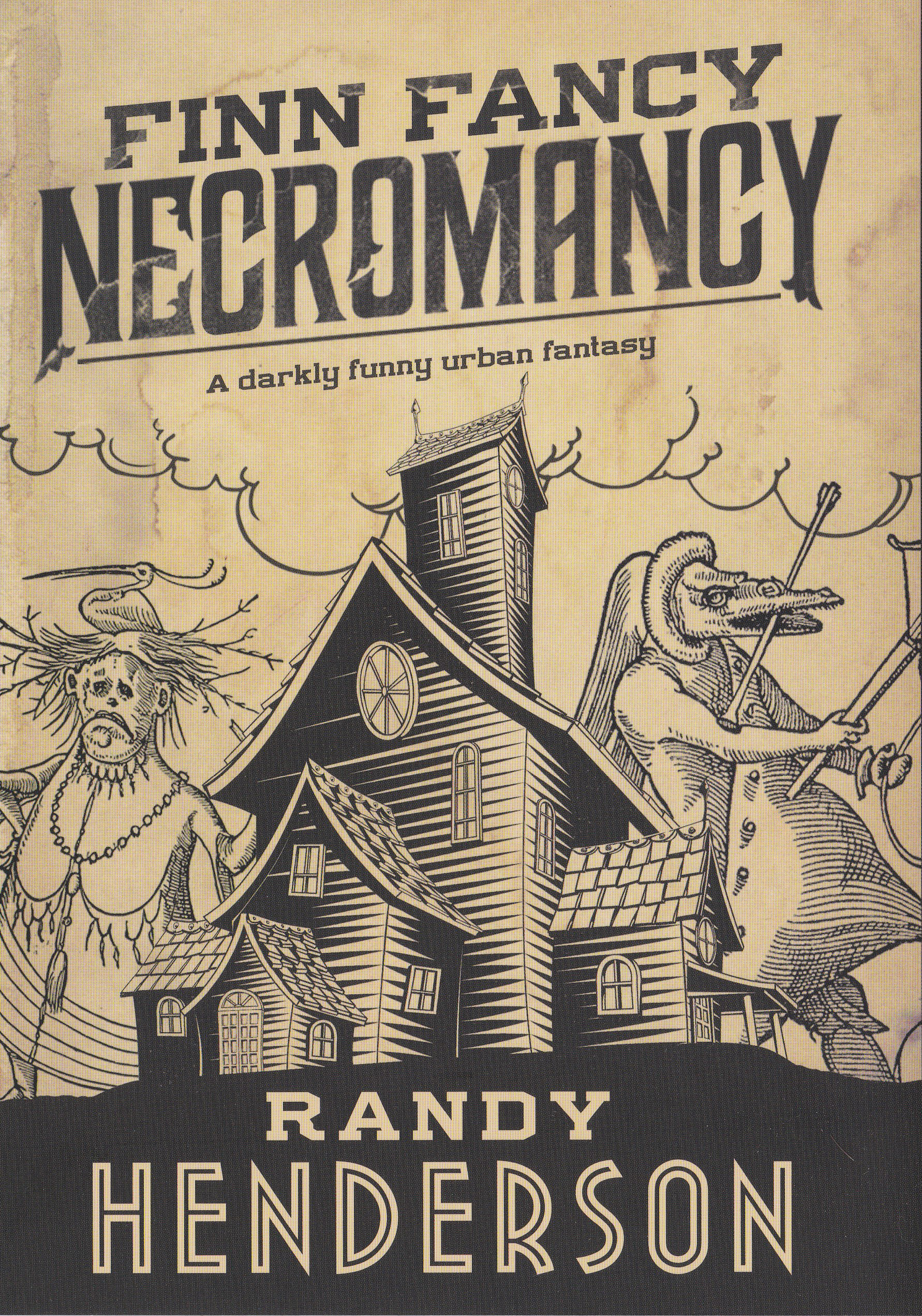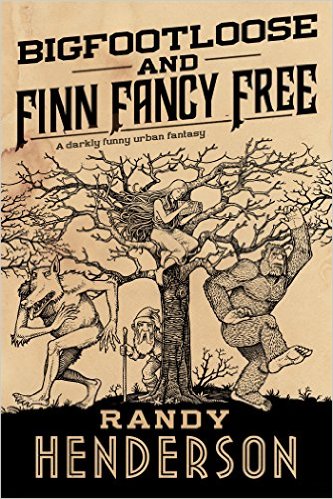Here are some things I’ve learned as an author giving readings of my work:
Do not select a piece that fills your entire reading time. If your reading slot is 30 minutes, PREPARE A 15 MINUTE PIECE (with a 5 minute extension prepared in case you end up rush-reading it and are left with extra time). If your reading time is 1 hour, select at most 30 minutes of reading material with a 10 minute buffer (though that much time just sitting quietly and listening to you read can be a bit much to put an audience through).
What about the rest of the time?
You will need a few minutes to say hi and do intros and get started.
If the piece you are reading needs some setup and context, you will need time for that.
And you may want some time for questions and answers after the reading, to engage with your audience and increase their interest in you and your work. Be prepared with a few example questions to help prime the pump and get the Q&A rolling as the audience may be shy at first in asking questions. Or loosen up the audience with some trivia questions, anecdotes or jokes.
Convention readings end early. If you are reading in a convention type setting rather than a bookstore, you need to be completely done AT LEAST 5 MINUTES EARLY so your audience can exit and make it to their next panel, and so the next reader’s audience can come in and get seated — if you run right up to your end time, then you are technically eating into the next reader’s time and making your audience late for their next event.
Rehearse. Practice reading loudly, clearly, with emotion and dramatic pauses. Try not to read monotone or have description and dialogue run together, make it clear through change of tone and voice when you are speaking as a character versus narrative text, and to the best of your ability give different characters slightly different voices.
Practice a good reading pace.
Check Yourself before you wreck yourself. During the actual reading, adrenaline and nerves will kick in and may cause you to read really quickly, or softly — be aware of it and be practiced at resuming a normal reading pace/voice.
Edit your piece for reading out loud. What is written on the page does not always translate well into out-loud reading. e.g. you may need to add additional dialogue tags to make clear who is speaking, or conversely if you have something like “she said in a sarcastic tone” you can cut those words and just actually say it in a sarcastic tone.
I also make performance notes on mine. E.g add extra spaces or ellipses or a note to visually remind me to give a dramatic pause, or a short pause for comedic effect before delivering a humorous line; underline words I want to emphasize or punch up; put in hyphens or caps in the middle of words to make sure I emphasize the middle syllable when desired; add a character’s name in front of a particular piece of dialogue script-style so I am sure to use the right voice, etc. Because no matter how much I rehearse reading the piece, I sometimes will just run over the words in my nervous excitement otherwise.
Choose what to read wisely. Select an excerpt or piece that has some emotional drama, or humor, or best of all both. Humor really does go over best in readings in my experience if that is an option. And most importantly, something that leaves the audience caring about what happens next to the character you read.
And either select a piece that gives us the context we need for the scene, or straight up give us summary context before reading it. Listening to action scenes is boring if we don’t know and care about who is fighting or what is at stake for example. And a big information dump that highlights your awesome research or your cleverly constructed world or tech or magic system or take on ghosts etc. may be boring without drama involved, without something actually happening in the scene.
Take a picture of your audience. Preserve the memory of those early days before you became rich and famous. And make a note at the top of your reading piece like “Take Picture!” otherwise, if you’re like me, you will forget in the excitement of the moment and won’t remember until everyone has stood up and left.
HAVE FUN! This is not a test, you are not being judged, you are sharing your passion and joy for the genre with others who have passion and joy for the genre, and celebrating that you did what so many others have not — actually put the words on the page and shared them with the world.












[…] Reading: Lessons For Debut Authors by Mary Robinette Kowal, Advice For Authors Giving A Public Reading by Randy […]